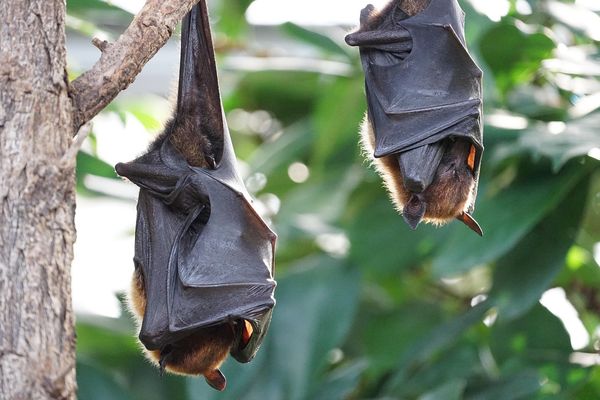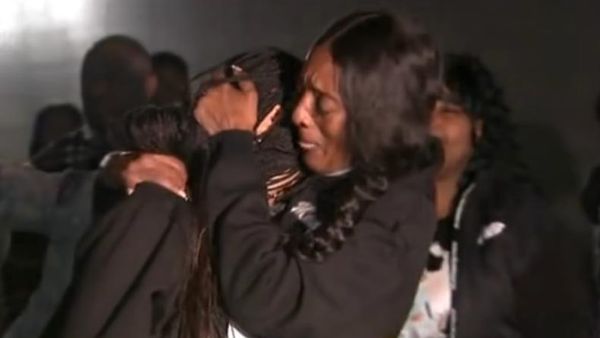.jpg?width=1200&auto=webp&crop=3%3A2)
When I arrive in Birmingham, the city is in mourning. It’s been just a few weeks since Ozzy Osborne — Black Sabbath frontman, heavy metal pioneer, and famed Brummie — died, and the Summer of Sabbath is in full swing.
Birmingham Museum and Art Gallery has a huge, free exhibition dedicated to Ozzy’s legacy; in the picturesque Victoria Square, there’s an outdoor display of the band’s iconic album covers.
A five-minute walk away, on the bustling, bar-laden Broad Street, tourists in band tees lay bouquets on the Black Sabbath bridge. There’s even a series of Black Sabbath — The Ballet shows scheduled at the Birmingham Hippodrome later this year.
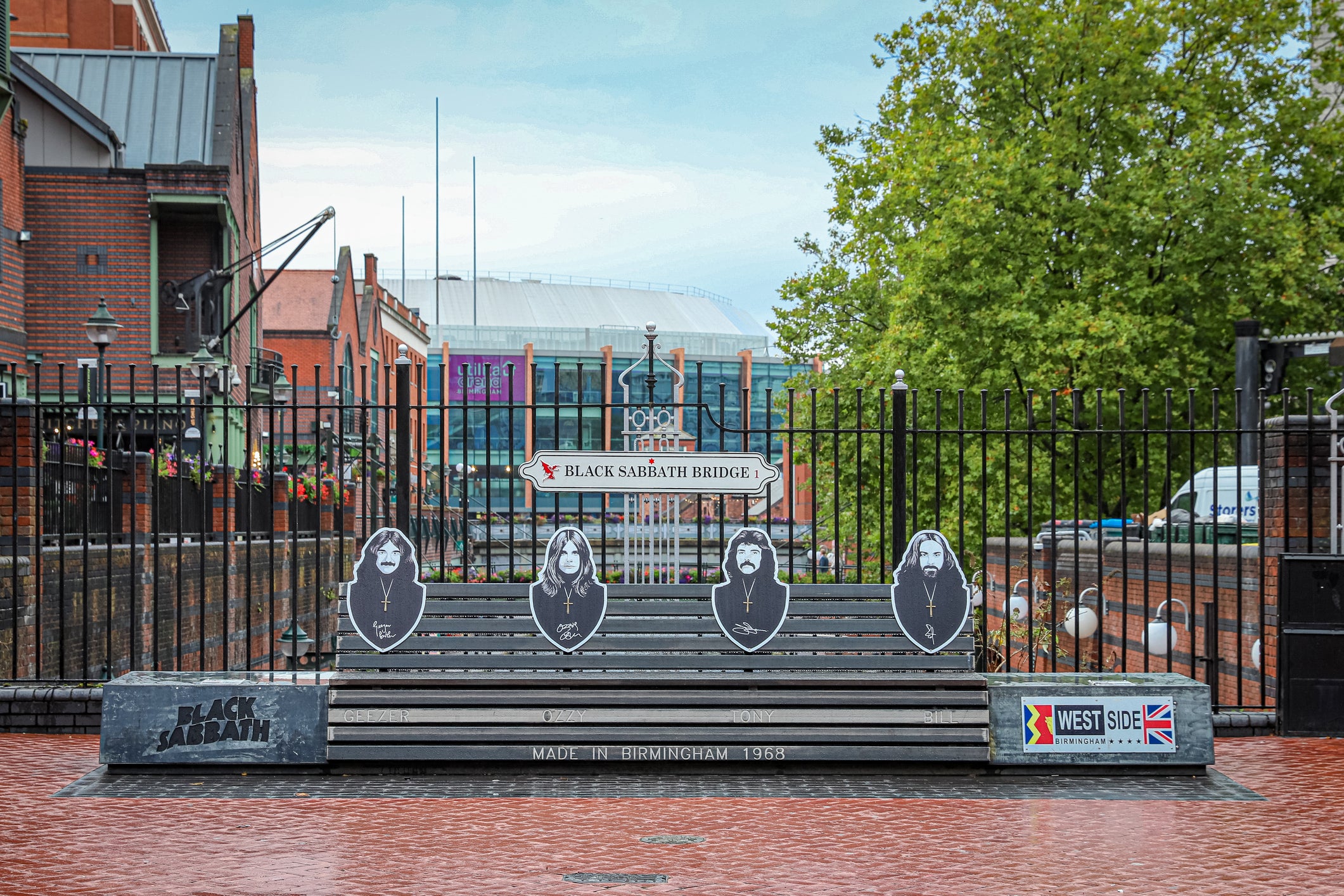
It’s not all about the prince of darkness, however. There’s no shortage of cultural history in Birmingham. The city is the birthplace of heavy metal and the balti, an industrial powerhouse once known as the “workshop of the world,” whose canal network stretch further than its more famous counterpart in Venice.
As a cash-strapped student, I spent most of my student loan at the Nightingale Club, one of the UK’s longest-surviving gay clubs, powering through hangovers at drag bingo.
Despite these gems, Birmingham’s claim to second city status is often undermined; its cultural output overlooked. That looks set to change thanks to the construction of new BBC studios, a move predicted to bring £282m to the West Midlands by 2031.
These headquarters will be in Digbeth, a street art hotspot. Just a stone’s throw away from the Bullring shopping centre, whose curved, sci-fi architecture is unmissable, Digbeth is full of vintage shops, cool cafes and independent sellers.
First, swing by Voce Books. This indie bookshop was founded by Clive Judd and Maria Lomunno Judd back in 2022, rooted in a desire to spotlight small publishers and left-field titles. Books are organised by publisher rather than alphabetised, the shelves crammed with unconventional classics by the likes of And Other Stories, Fitzcarraldo Editions and Tilted Axis Press.
Regular author events take place at the worker-owned BRIG Café next door, a cosy space with squishy sofas beloved by local grassroots organisations.
Next, hunt for vintage treasures at Cow and the shops inside the Custard Factory, and snap up weird and wonderful souvenirs at Red Brick Market. Don’t forget to take a photo of the Moo Deng mural, either.
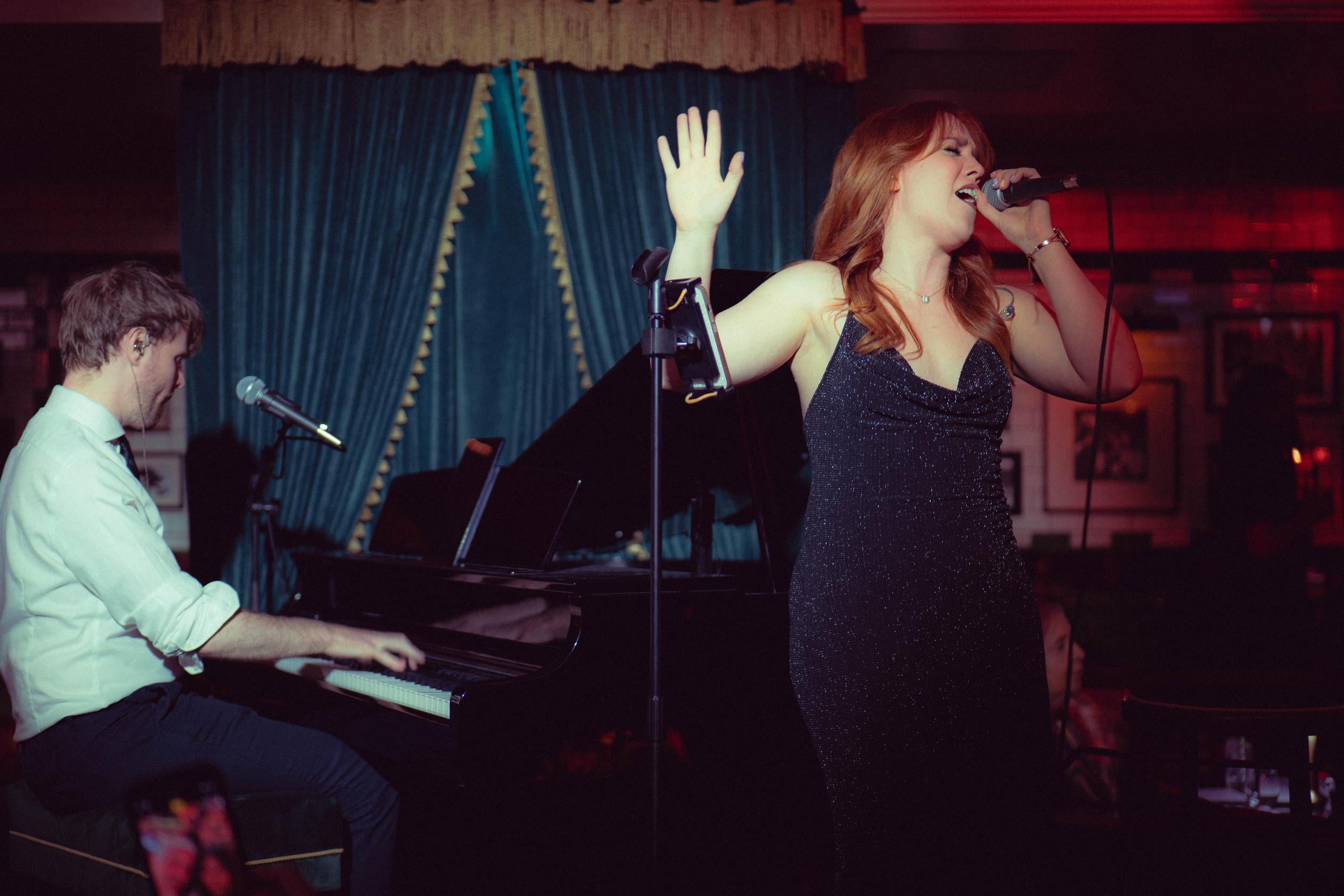
Read more: I tried to transform my gut health at a five-day wellness retreat
There’s plenty to get stuck into for history buffs. I was a guest of the Grand Hotel Birmingham, which dates back to 1879. Its intricately-carved ceilings and opulent ballrooms have been carefully preserved as part of a recent renovation.
The hotel’s French-inspired restaurant, Isaac’s, becomes a late-night speakeasy after 10pm. Here, you’ll find jazz performers, Art Deco surroundings and an extensive drinks menu — the delicious aviation cocktail is the closest thing you’ll find to Parma Violets in liquid form.
There are cosier pub vibes around the corner at the recently-refurbished Old Contemptibles, as well as at Digbeth’s Old Crown: a beautiful, listed building with a reputation for a stellar Sunday roast.
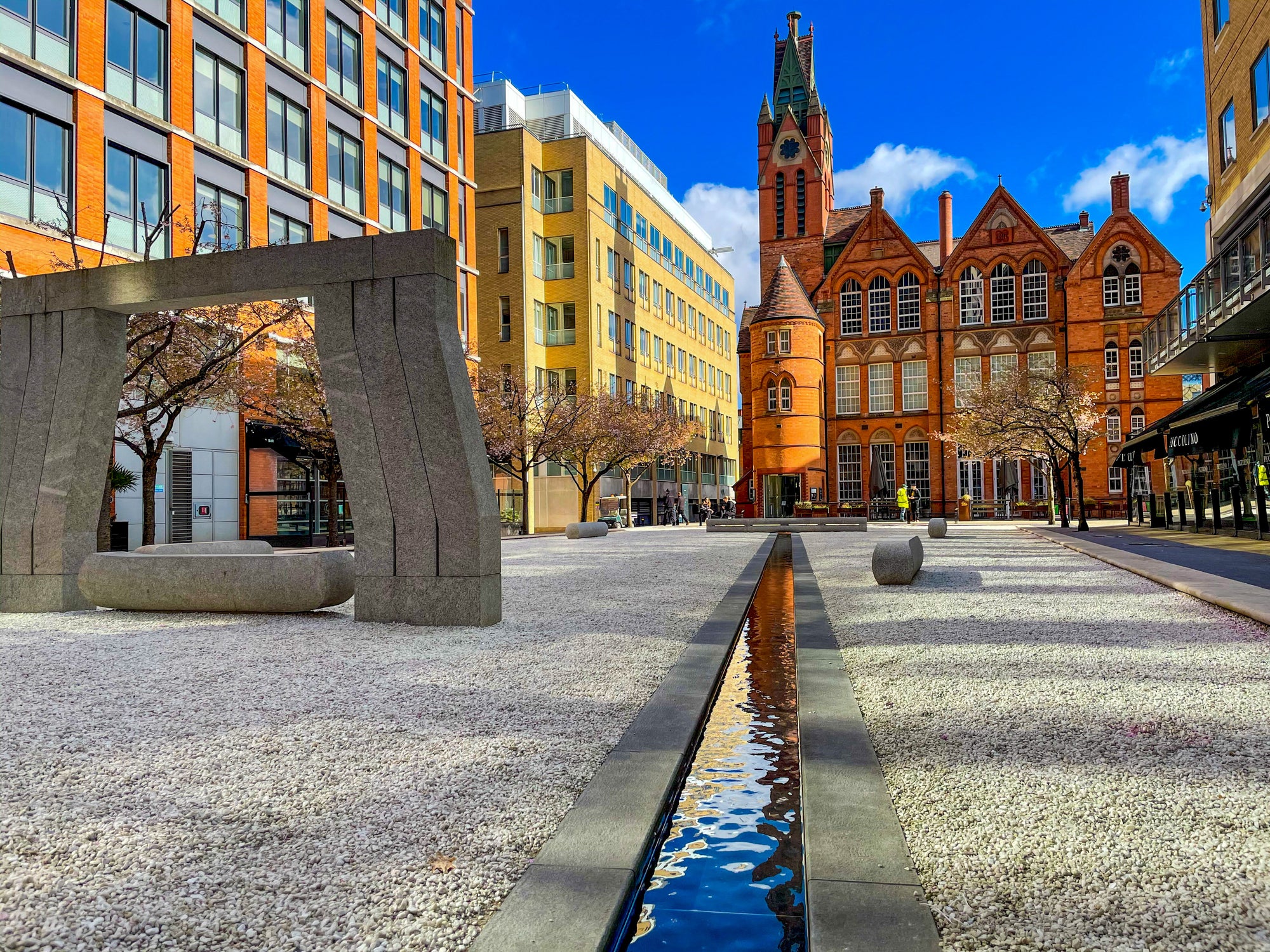
During the day, we took a 65-minute boat tour of Birmingham's famous canal network with one of Sherborne Wharf’s heritage narrowboats; beforehand, we made a pitstop at the contemporary IKON Gallery, whose singing lift alone makes it worth the visit.
The Jewellery Quarter is full of smaller museums – think offbeat venues dedicated to pens and even coffins – but there’s not much to do in this area otherwise.
Instead, take the lift to the top of the Library of Birmingham for a panoramic view of the city and the scenic Secret Gardens.
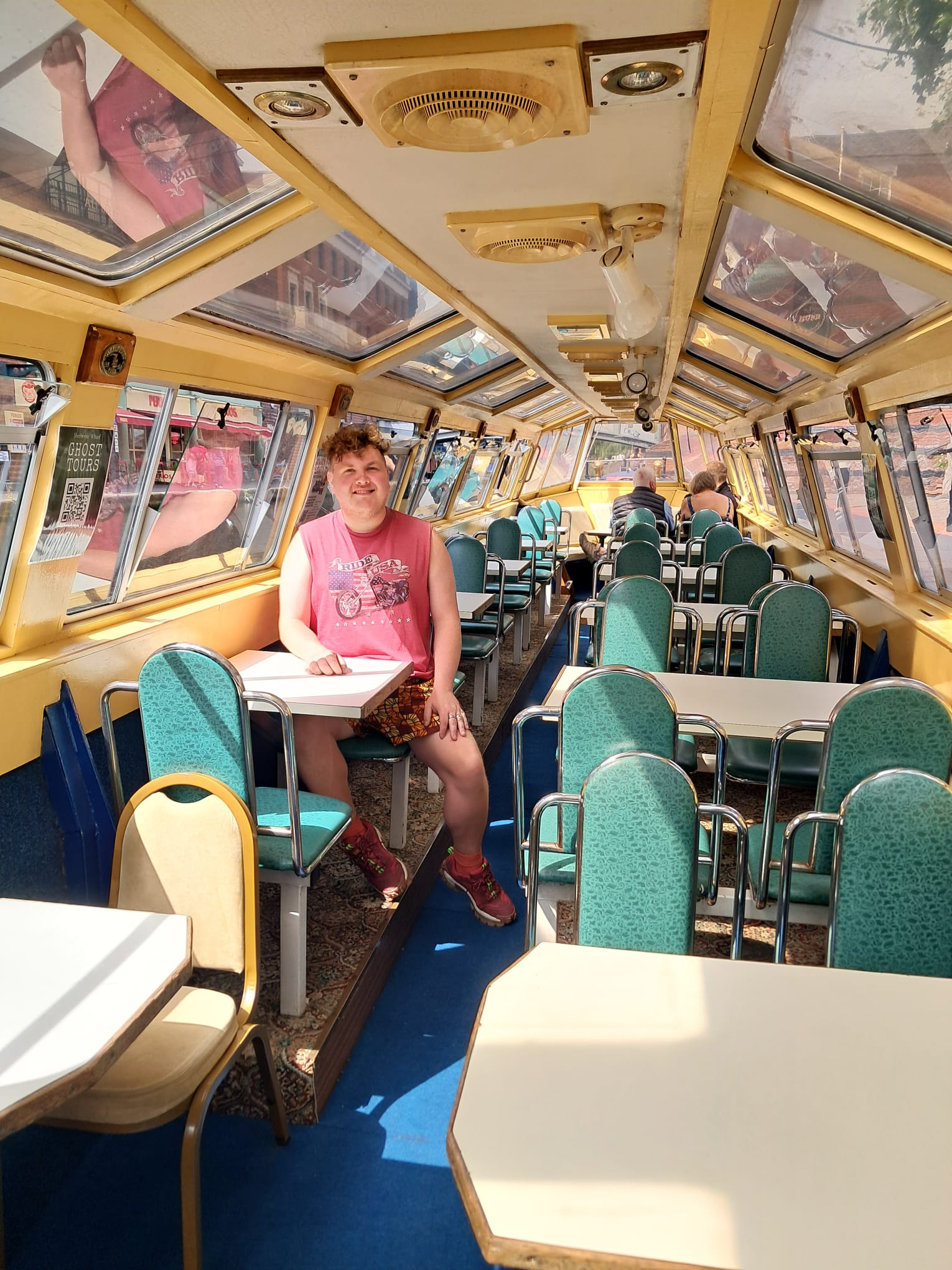
There’s even a gallery room inside the library, currently hosting an exhibition on the history of veganism. Beware: Birmingham legend Benjamin Zephaniah’s catchy “Love The Life” song will live rent-free in your head for hours afterwards.
Birmingham’s once-thriving Balti Triangle has dwindled over the years due to rising rents. Only four original restaurants remain, Shababs being the most beloved.
There are still South Asian gems in Birmingham though, like Indian Cafe Racer, whose extensive menu features everything from Indo-Chinese fusion dishes to delicious fish curries.
In Chinatown, Kyoto Sushi & Grill offers all-you-can-eat sushi just a few minutes’ walk away from the Hippodrome, making it perfect for a pre-show dinner.
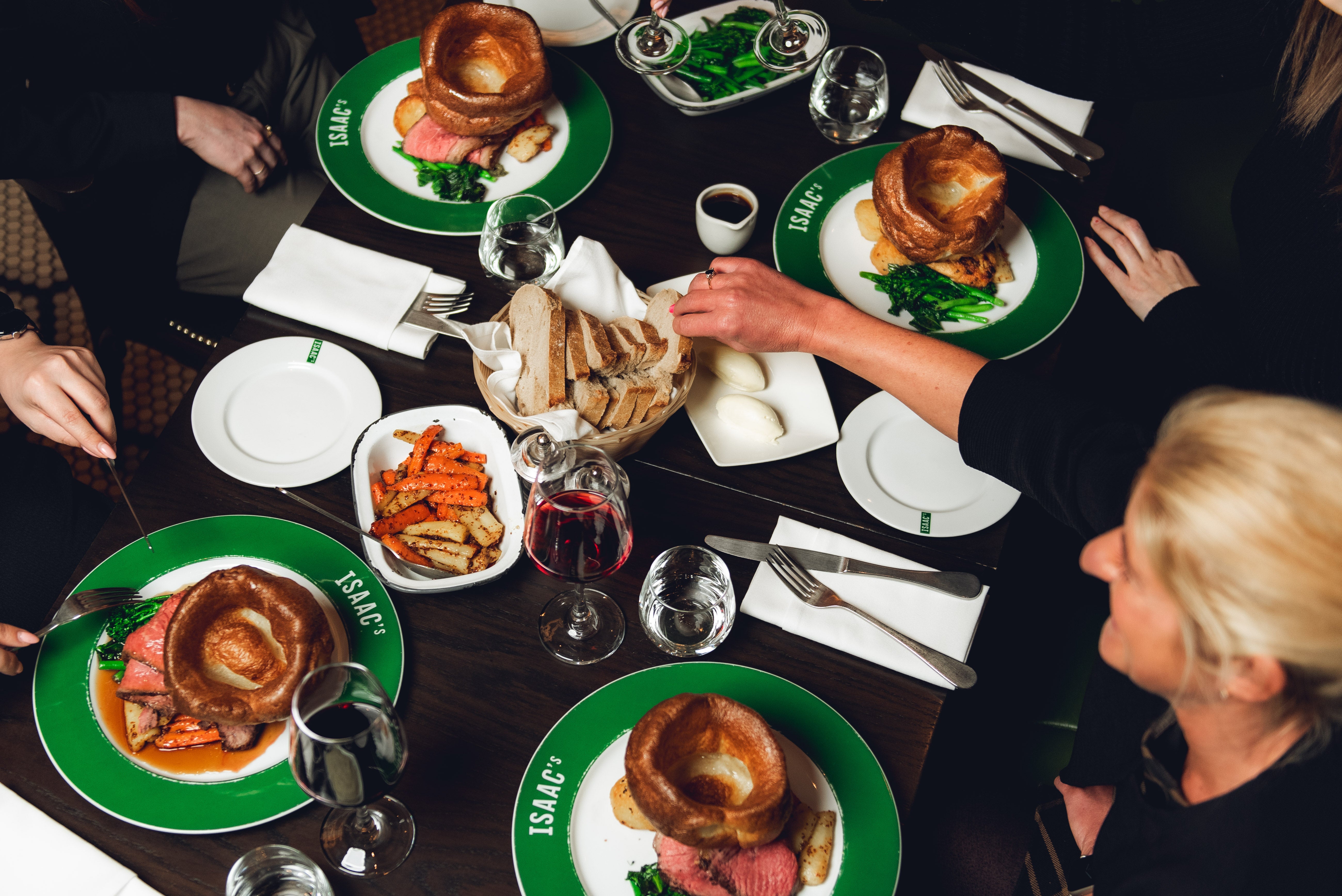
Read more: I’ve ridden the world’s railways – here’s why Scotland’s are the best
Brunch fans should check out the mouthwatering pancake stacks at Cherry Reds, or, if you do find yourself in the Jewellery Quarter, check out the specials at Urban Café — I tried a delicious cheese and truffle mushroom toastie, as well as a refreshing blueberry matcha summer special.
By night, the city comes alive. We headed to the recently-refurbished Nightingale Club to catch Snow White Trash – Britain’s only “saxy drag queen’” – in action, but Birmingham drag icons like Twiggy, as well as initiatives like Shout Festival, work hard to keep Birmingham’s queer scene thriving all year long.
Hurst Street is also home to comedic genius at the Glee Club; in Digbeth, non-profit art hub Centrala hosts a range of events, from cult classic film screenings to goth club nights, and the Rainbow serves up delicious vegan food as well as a jam-packed events calendar.
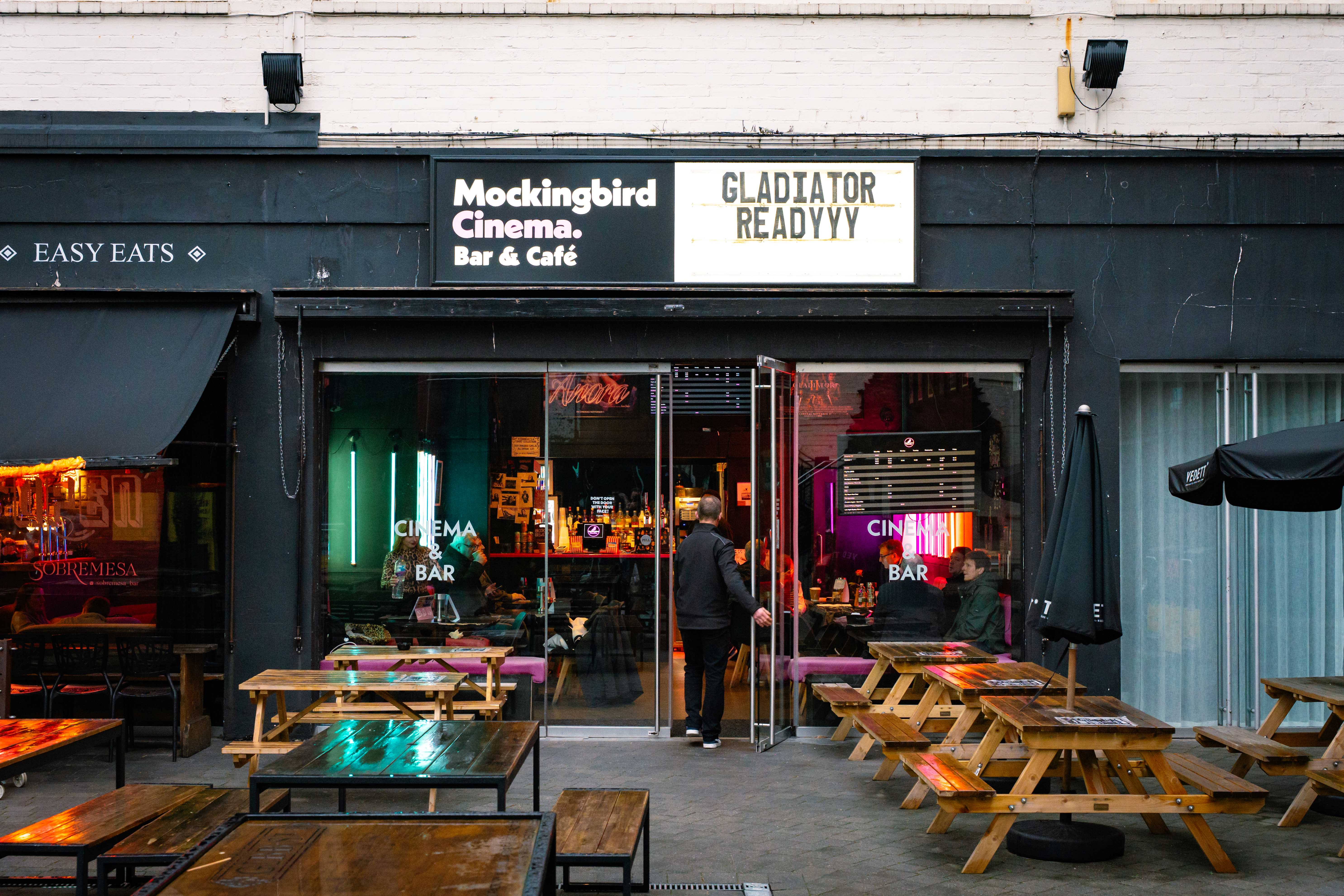
Film buffs should check out the Mockingbird Cinema, an indie treasure which screens today’s blockbusters alongside arthouse classics and local community events. Next door, Chance & Counters board game cafe offers tasty food, beer and cider on-tap, as well as a mammoth library of more than 500 titles.
Finally, it’s well worth taking a short bus ride outside the city centre if you have the time: Harborne is a charity shop paradise.
In the south of the city, King’s Heath is home to one of Birmingham’s most iconic music venues, The Hare & Hounds. Birmingham’s gifts to the music industry range from Led Zeppelin to Stefflon Don, so it’s always a worth a visit. Who knows, you might glimpse a future superstar in action.
How to do it
Rooms at the Grand Hotel Birmingham cost from £116 per night. The hotel is just around the corner from the Colmore Row business district, with an in-house bar and restaurant. Book now.
Jake was a guest of the Grand Hotel Birmingham.
The 10 best UK city breaks for a weekend trip in 2025
10 best cheap UK holiday destinations, including Liverpool and Lake District staycations
Watergate Bay hotel review, Cornwall
Why Newcastle should be your next weekend city break in the UK
I visited an off-grid cabin near Hereford with my husband to rekindle the art of conversation
The best cosy cottages on Airbnb for an autumn getaway in the UK
